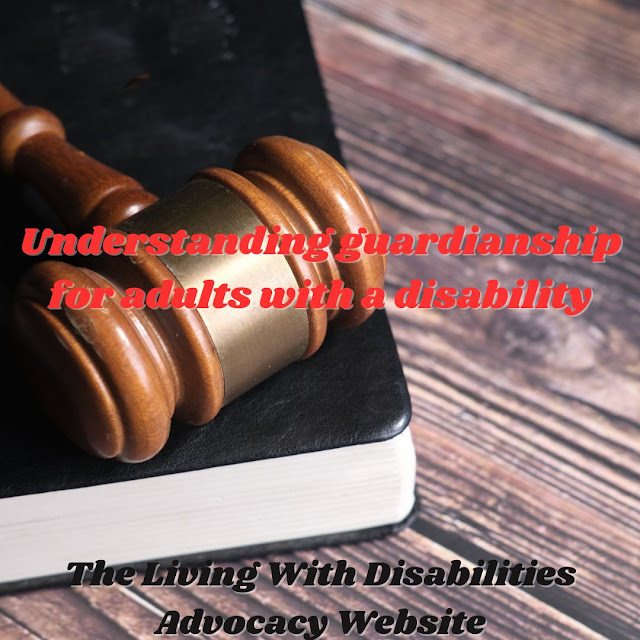Legacy Planning for Parents with Children with Disabilities
If you're a new visitor to this advocacy website, this page aims to increase public understanding of those with disabilities and other conditions.
We suggest you seek a licensed professional counselor or healthcare provider for anything you read on this site.
This week, Living With Disabilities will talk about legacy planning for parents of children with disabilities. As parents come of age, how can they prepare their children for medical and financial guidance? Parents need to start as soon as possible.
It's important to make sure your kids have what they need when it comes to providing. particularly in the case of a child with a disability. Comprehending their requirements and investigating your legal options will assist you in guaranteeing your child's lifelong medical and economic security.
A thorough legal strategy to safeguard your child's welfare in the event of your death is known as legacy planning. During the planning phase, it is occasionally necessary to provide extra medical and financial support for children with disabilities.
It is advisable to get advice from a financial expert rather than going it alone. To address your child's unique requirements during legacy planning, experts would advise creating a special needs trust.
Benefits to the government should not be impacted if your legacy plan is structured appropriately.
Who can create a legacy plan?
A legacy plan may be made by the child's grandparents, legal guardian, or parent. Employ a specialist to create a comprehensive legacy strategy as well.
Evaluating the needs of your child
Making a care plan, often called a letter of intent, will help you ensure that your child's medical and financial requirements are met. Creating a letter of intent serves as a roadmap for the person who will care for your kid in the event of an emergency rather than being a legally binding document.
Your letter covers both long-term and present medical.
- Allergies
- Your child's everyday schedule.
- Future surgeries or medical equipment needed.
- Medical providers and medical history.
- Medication.
- Significant family history.
- Insurance policy.
- Medicaid or Medicare information.
- Enhancing Quality of Life: The money will be used to pay for things like therapy, education, leisure, and other needs that might not be met by government assistance.
- Protection: Funds placed in a trust offers a safe haven to shield your assets from creditors and court orders.
- Flexibility: Trust funds possess the ability to grow in value over time through investments. Furthermore, trust payouts can be tailored to the beneficiary's particular needs.
Following the trustee appointment, make sure you are comfortable with the attorney and estate planner.
Living With Disabilities Presents: The Advocacy Table
a space created for people with disabilities to be able to have freedom of speech and talk on different topics surrounding the disability community. To get more details, check out The Advocacy Table. To become a panelist, Write into the show and let the host know what topic you want to talk about. She will then send out a group email to all panelists after the show has reached five or ten people. After the show, a survey will be emailed to you, and we would love to get your feedback.
If you need online support, Disability Safe Haven is great for receiving support. The We Care Team is very protective of its members and asks everyone who joins, to have a profile picture and answer the security questions.
Another online support, Living With Cerebral Palsy, is great for people with cerebral palsy and for family and friends who want to learn more about different types of cerebral palsy and how to support their loved ones who have it. This group has open and closing hours and a 24/7 chatroom. Open and closing hours are based on United States time zones.
Reference Links
Estate Planning for Families With Special Needs Children (specialneedsalliance.org)
Estate Planning for Loved Ones with Disabilities (annuity.org)




Comments
Post a Comment